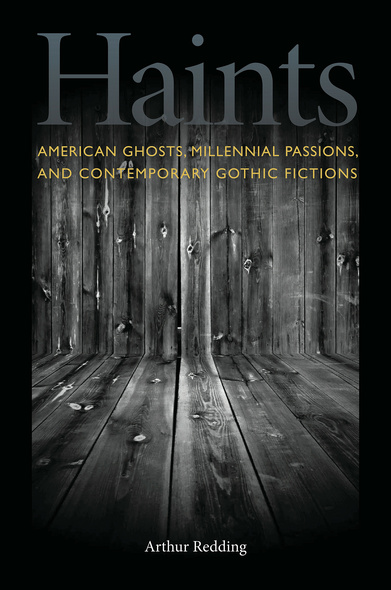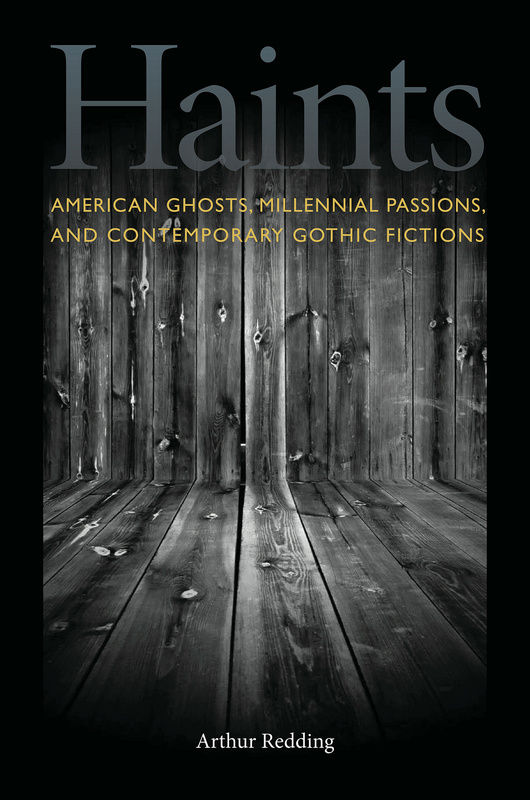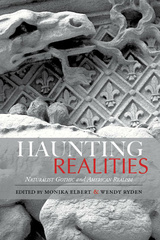Haints
American Ghosts, Millennial Passions, and Contemporary Gothic Fictions
University of Alabama Press
Examines the work of contemporary American authors who draw on the gothic tradition in their fiction
In Haints: American Ghosts, Millennial Passions, and Contemporary Gothic Fictions, Arthur Redding argues that ghosts serve as lasting witnesses to the legacies of slaves and indigenous peoples whose stories were lost in the remembrance or mistranslation of history.
Authors such as Toni Morrison and Leslie Marmon Silko deploy the ghost as a means of reconciling their own violently repressed heritage with their identity as modern Americans. And just as our ancestors were haunted by ghosts of the past, today their descendants are haunted by ghosts of contemporary crises: urban violence, racial hatred, and even terrorism. In other cases that Redding studies—such as James Baldwin’s The Evidence of Things Not Seen and Toni Cade Bambara’s Those Bones Are Not My Child—gothic writers address similar crises to challenge traditional American claims of innocence and justice.
In Haints: American Ghosts, Millennial Passions, and Contemporary Gothic Fictions, Arthur Redding argues that ghosts serve as lasting witnesses to the legacies of slaves and indigenous peoples whose stories were lost in the remembrance or mistranslation of history.
Authors such as Toni Morrison and Leslie Marmon Silko deploy the ghost as a means of reconciling their own violently repressed heritage with their identity as modern Americans. And just as our ancestors were haunted by ghosts of the past, today their descendants are haunted by ghosts of contemporary crises: urban violence, racial hatred, and even terrorism. In other cases that Redding studies—such as James Baldwin’s The Evidence of Things Not Seen and Toni Cade Bambara’s Those Bones Are Not My Child—gothic writers address similar crises to challenge traditional American claims of innocence and justice.
Arthur Redding is professor of English at York University, Toronto, Canada, and is the author of Radical Legacies: Twentieth Century Public Intellectuals in the United States; Turncoats, Traitors, and Fellow Travelers: Culture and Politics of the Early Cold War; and Raids on Human Consciousness: Writing, Anarchism, and Violence.
.
.
Acknowledgments
Introduction: A Land Without Ghosts
1. Haints and Nation: Ghosts and the Narrative of National Identity
2. Memory, Race, Ethnicity, and Violence
3. Abandoning Hope in AmericanFiction: Catalogs of Gothic Catastrophe
Conclusion: American Innocence
Notes
Works Cited
Index







